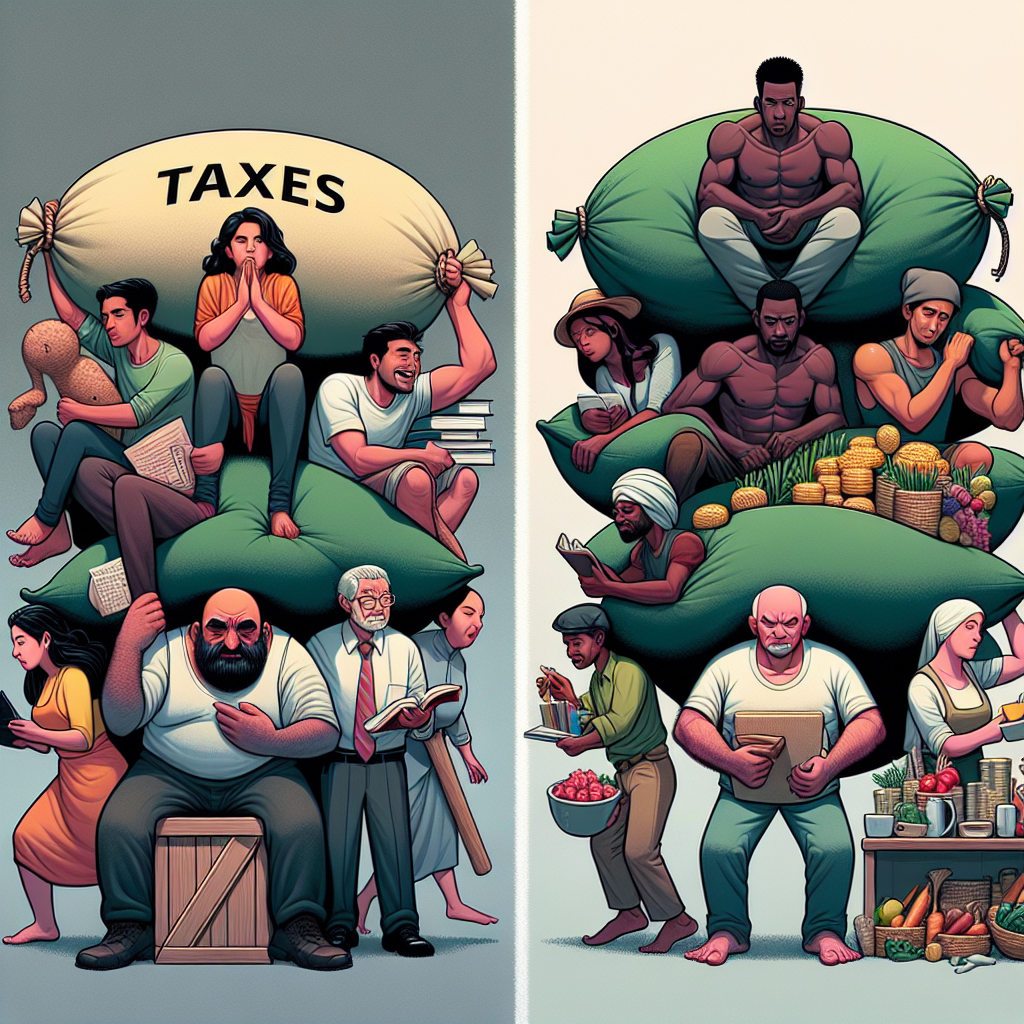Contentious Tax Reform: House vs. Senate Approaches
House and Senate Republicans are divided on tax cut proposals, including deductions for state and local taxes, health savings accounts, and vehicle fees. A key issue involves the child tax credit, with the House proposing a temporary increase, while the Senate opts for a smaller, permanent bump. These differences, especially on clean energy credits and Medicaid provider taxes, intensify as both chambers aim to finalize legislation by July 4th.

- Country:
- United States
House and Senate Republicans have revealed differing strategies for their major tax cuts and spending bill, sparking debate over key provisions. Among the contentious issues are state and local tax deductions, gym memberships financed through health savings accounts, and annual fees for electric vehicle owners.
The House passed its version of the bill shortly before Memorial Day, while the Senate's version remains in deliberation. Both bills align on significant tax provisions but are at odds over aspects such as the child tax credit. President Trump targets a July 4th deadline for the legislation's finalization.
Additional friction points include tax breaks for business investments, Medicaid provider taxes, and clean energy credits. Industry and advocacy groups express concern over potential job losses and increased energy costs. As negotiations continue, the legislative future remains uncertain, with each chamber holding firm to its priorities.
(With inputs from agencies.)
- READ MORE ON:
- tax cuts
- Republicans
- bill
- Senate
- House
- tax credit
- Medicaid
- clean energy
- Trump
- legislation








